|
It's March, and we are getting a lot of orders for compost! One common question we get asked is: "How much do I need?" The best rule of thumb for your garden beds are: No more than 1/3 of your total soil Why? You actually can't plant directly into compost. Remember, it is full of the bacteria and fungi that broke down vegetable waste some long time ago. That life is dormant now, cooled off for at least 6 months, but it can get active. It there is too much compost in your bed mix, they will munch your seedlings! OKAY! Down to business. We sell in gallons and in yards. How much should you order? First you want to get an estimate of the volume that you want, then convert it into either gallons or yards to find your order. For example, let's say you had 3 garden beds, and they are all 4 feet by 8 feet by 2 feet tall. You want to add 1/3 of compost to each of them. First calculate out your square feet-> 3 x 4 x 8 = 96 square feet. Then figure out your cubic feet-> 96 x 2 = 192 cubic feet. Divide by 3 to get the volume of compost-> 192/3= 64 cubic feet. To convert into gallons, multiply by 7.5, because there are 7.5 gallons in a cubic foot. 64 cubic feet x 7.5 gallons = 480 gallons. We sell in 5 gallon buckets, so divided this by 5, and you get 96 buckets. Yikes! That's a lot, better order in cubic yards for better prices. To covert into cubic yards, divide by 27, because there are 27 cubic feet in one cubic yard. 64 cubic feet / 27 cubic feet = 2.4 cubic yards. Buy 2 or 3 cubic yards! One cubic yard is approximately 1,100 lbs of compost. Happy gardening!
0 Comments
Carolyn Pace traded in pageant dresses and tiaras for Patagonia coveralls and a Ford F250 pickup truck last year, after moving to Aurora and starting her own composting business, called Wompost.
In just a year, the 30-year-old former Miss Boise has gained nearly 200 clients around Aurora, where there used to be few options for compost pick up. The road from preening on a pageant runway to making warm muck from garbage full-time has actually been a logical journey, she says. Read the rest in the article! Photos and article credit of the Aurora Sentinel. We don’t need a handful of people doing zero waste perfectly, we need millions of people doing it imperfectly. – The Environmental Cowboy So true, Mr. Cowboy. There are a few steps you need to go through to get to get down to as little waste as possible. Once you reach the end, and it may take a few months, you should circle back to the top and start over again. Those habits will sync in, and before you know it, you’ll be canceling your trash, for good. 1- Reduce and Refuse The packaging industry and manufactures have gotten on the the zero waste wagon. They keep selecting for shiny, slick looks, which involve multiple materials, and mean they can’t be recycled. Take-out and home shipping have the same problem. They are selling what we want in packages we don’t want. Say no (politely). Another company deserves your hard earned green. Start buying in bulk. Bring tuperware to your favorite taco joint. Here’s some examples of bullshit that can’t get recycled anywhere: receipts that have a plastic coating on paper, brown sugar pop-up bag with a zipper that is made from many kinds of plastic, the plastic, and woven avocado bag with plastic fiber label. 2- Start composting First, you can get some chickens to eat your veggie scraps. Just kidding, that’s composting step 8 or 9. But you can start a backyard pile or a worm bin. That will get about 60% of your biodegradable waste. If you want to get the rest, look for a commercial composting service in your neighborhood. Micro composters are popping up like prairie dogs in many communities! These are little services to pick up your compost from your home. I started one in Aurora called Wompost: worker owned compost. If you live in Denver, you have city-wide composting. If you live in an apartment, start pestering your building management to get commercial composting. Commercial composting can get a lot more than just your sunflower seeds. They will take most anything biodegradable. That includes chicken bones, avocado pits, and lime peels – which would all kill your worm bin. 3- Find a hard-to-recycle drop off place.
There’s some stuff you can’t just eliminate from your life. My honey would have a fit if I told him we couldn’t have a mattress just because we couldn’t throw it away! Same with the coffee grinder, and our headlamps, and batteries that run out too quickly. For these, you can’t put them out on the curb and hope that the recycling fairy will take them to the right place. Fairies ain’t real. You need to pile them into your truck, and find a place like SustainAbility Recycling, or CHaRM. I started a home collection service if you don’t have a pickup. Recycle Almost Everything is an affordable way to get rid of a lot of stuff. 4- Rinse and repeat! It might be difficult at first – habits take time. Don’t be too hard on yourself. You’re trying, and we need a lot more folks like you. Take a look in your trash can, and see what you could avoid. Why compost, when you could throw your waste in the trash, for free?
When biodegradable waste goes to the trash, it becomes smelly trash juice and methane gas. That's one option. It's gross and bad for the climate, but at least it's not out on the street! I went on a field trip to the Denver Botanical Gardens to see the other option, composting, in action. When we compost that same waste, it turns into the best soil supplement for plants! Trash to treasure. Plants love compost because it gives their roots space to grow. Compost pushes apart clay particles and makes easy pathways for roots. When the roots can grow big, the plant grows proportionately healthy. Plants also love compost because it improves the soil's ability to retain water and minerals. That means less water and fertilizer. If you've ever been to the sprawling botanical gardens, you know that would save a lot of resources! So it is your choice - at home, or out and about in Denver. You can throw your biodegradable waste into the trash, or find a compost bin. Do you live in Aurora? Find out if your address is eligible for weekly compost collection here: Single stream recycling is really confusing. It encourages practicing some wishful recycling, hoping that the candy wrapper or old CD can be recycled. Since my household is trying to get to zero waste, I needed to get to the bottom of what is recyclable and what is not. My friend Liia and I took ourselves on a little field trip to tour Waste Management's MRF (Materials Recovery Facility) in NE Denver. Our guide Lara showed us the rushing conveyor belts, and patiently answered our barrage of questions. The biggest question plaguing me: what plastics are getting recycled today? It depends on the market price. If Waste Management can find a buyer, they will separate out that plastic for recycling. If there isn't a market, it goes into the landfill. I saw workers tossing plastic clamshell packaging and bottles, as well as all the tiny bits of plastic. Since China changed their policy on recycling, the market disappeared for #3-#7 plastics. It might come back, so Lara suggested that we should keep putting larger plastics into single stream. For now, they are headed to the landfill. The second question: can small bits of plastic get recycled? The definitive answer is anything bigger than a postage stamp can get recycled. I was asking the wrong question. It's not about small or big, it is about rigidity. Soft plastics give the MRFs the most trouble. Plastic bags, shrink packaging, and other films tangle in the machines. I thought the bag ban was just for grocery store bags. Actually, it is any kind of plastic bag material. They wrap around the machines that separate the cardboard and paper from the glass and metal, and cause the lines to shut down frequently. They shut down five times in our half hour tour! That is not efficient. I also wanted to know about cleanliness. How clean do your containers need to be to be recycled? I though they needed to be spotless, but I was wrong. They just need to be 90% cleaned out, and dry. The main problem with dirty and wet containers is that they ruin the paper and cardboard in the single stream. The little excess food will burn off when the plastics actually get recycled, so you don't need to polish every container. Just give it a good rinse and dry.
The paper and cardboard also don't need to be pristine, they often get wet and dry again before they are recycled into pulp. The issue is grease. Greasy cardboard and paper can't be recycled. Good news, they can be composted! Here were my biggest lessons to recycle correctly in the Front Range:
Please post your questions here if you have them! You can find out about recycling drop off in Aurora (my friend Liia's program) by looking up Aurora.gov recycling. How long does it take to turn your kitchen scraps into black gold? It will vary based on what you do. The fastest you could manage is 6 weeks. 2 weeks for the composting, and another 30 days to cool and cure before the compost touches plants. The longest would be a full year. What causes such a long range? There a five main variables. Here are suggestions if you want to speed things up!
Well, that sounds like a ton of work! I have some good news for the low key composter. The only thing you need to do to make good compost is the C:N ratio. Everything else is extra credit. I don't do anything else, and my compost takes a long time. However, I only use compost in my garden once a year in the Fall! So I don't see any problem with that.
Do you want compost but don't want to make your own pile? If you live in NW Aurora, sign up for compost collection service with Wompost! Check if you are in our service area on our website. For weeks I've been out knocking doors for Wompost, Aurora's new curbside compost pickup. I have knocked on 500 doors, where about 100 people have answered. One in three speaks Spanish (this is what I love about my neighborhood, by the way).
I've been "conversationally fluent" for 12 years now, after living abroad in Santiago, Chile as a Rotary foreign exchange student (great program, but that's another blog post). I don't usually struggle expressing myself. This one had me stumped. How do I explain curbside compost pickup in Spanish?! The problem, I think, lies with English. We use the same word to describe the mix the kitchen scraps and weeds as we put into the pile, the action of composting, and the finished black gold we put into our gardens! I bet in most languages, these words are completely different. My first attempt went something like this Nosotros recogemos la basura del jardin y de la cocina que se puede proccessar al abono. We pick up the trash from the garden and the kitchen which can be processed into fertilizer. QUE? Then I would follow up with examples, knowing I'd already lost them. Today, I met an awesome guy from Mexico City who figured it out with me. He said he was a high school teacher of many things: social studies, science, and Spanish. Perfect! He explained composta is the word for compost. It's just not commonly used. Ready for the wording he gifted me? Recolección de residuos biodegradables. O, recolección de residuos para composta. So. Much. Better. Do you have a suggestion for how I can better explain Wompost in Spanish? I used to feel so guilty throwing away trash. Meat soaked Styrofoam mixed in with old sneakers? Gross! There is a better way. Instead of sending biodegradable waste to the landfill, you could turn some of it to compost! How do you compost? There are many methods. #1 Keep Chickens In the City of Aurora, you can keep up to 6 chickens! No roosters, please and thank you. I think the best kind of pets pay rent (in eggs). You will need a coop, heat lamp in the winter, and protection from raccoons and hawks. What will chickens eat? All produce except for citrus, onions, garlic, and corn cobs. They will not eat your coffee grounds, tea bags, cardboard, pizza boxes, meat bones, or rotten food. #2 DIy Backyard pile One of the easiest methods is the backyard pile. It helps to have it contained by wood, pallets, fences. You can compost cardboard, fire ash, coffee grounds, tea, and most vegetables. Don't put meat or eggshells in your backyard compost if you don't want pests. Your small pile will not get hot enough to kill any potential pathogens in pet waste or weeds - leave them out. I wouldn't recommend adding citrus, fruit pits, or avocado skins because they will take forever to compost. The most important thing for success with your own compost pile is to add a lot of carbon (browns). I use all my autumn leaves from my quarter acre yard, and all my neighbor's leaves, too. You should have 20 times as much carbon as nitrogen (greens). Nitrogen rich things are your kitchen scraps, grass clippings, and chicken droppings. Chop up your kitchen waste to speed things up. Just imagine how long it would take a worm to work through a whole onion versus a quartered onion. A lot longer! Bonus tips: Your pile will compost faster if it is aerated and moist. Add water when you notice it drying, or cooling down. Turn it every other month if you are very ambitious. Add PVC pipes with holes drilled through the pile to get more air moving in. You can also add 2-3 inch long wood chips to vary the particle size and increase airflow. These are free near Aurora! There is a big pile where you can help yourself on the corner of Smith and Havana. It is run by Denver Forestry, and they are very nice and helpful. #3 Fancy Compost Bin There are a LOT of products out there to help you compost. Tumblers, aerated plastic bins, and worm bins to name a few. These make aeration easier, or turning easier. However, you still need a good ration of carbon to nitrogen. Save up those leaves or shredded paper! The same rules apply for what you can't compost in your backyard. Unless you are hitting 150 degrees for a week or longer, you cannot compost any meat, pet waste, weeds, or potentially dangerous food. My Mom had a problem with voles. They loved to eat her flower roots. She was trying to decide the humane thing to do when nature helped her out. A garden snake made a cozy home under the warm compost bin! The voles moved out. #4 Compost drop off There may be a site near you where you can drop off your compost for free! In the Denver Metro area, you can go to the Cherry Creek disposal site with your compostables. You can also drop off with Scraps, an awesome peddle powered compost pickup in downtown Denver. Check with the managers of the site for what you can compost. Pro tip: store your compostables in the freezer until you bring it to drop off. That way it won't start to decompose or smell in your house, car, or backpack on the bus (I've done that. Other passengers were not pleased). #5 Curbside Compost Pickup Many cities offer compost pickup in Colorado and across the country. Check your city's website for instructions. In Aurora, Wompost is the first compost pickup program! We pickup weekly for just $15/month. What can you put in your bin? Lots of stuff. Any food item: spoiled leftovers, fish, bones, citrus peels, pits, fruits, vegetables, coffee grounds, tea bags, and eggshells are all good. You can also compost cardboard and paper products that you can't recycle. Spill something on your newspaper? Compost it. Greasy pizza box? Compost it. You can also compost your weeds, pet hair, and small branches. What's forbidden? You can't put any trash in, or any poop (sorry dog people).
Want to start curbside compost pickup? See if you live in the Wompost service area! I'm starting to look at my kitchen differently. What is not recyclable? Could I just be "wishful" and through everything into the recycling bin? The bags in cereal boxes confounded me today. What are these things made out of, and can they get recycled? That would feel great for me! I also know it causes more sorting. I found this cartoonish-but-great video today, and actually watched all 15 minutes. Bouncing cardboard is surprisingly meditative. I have some take aways, and some lingering questions.
Answers: - I can recycle aluminum foil! I just need to clean it and ball it. - I can't squish 3D objects like plastic bottles or beer cans! - I can't recycle shredded paper, compost it! (I actually knew that one, surprise!) - Ceramics and metal pans cannot be recycled! - I can take clean, dry plastic bags to grocery stores! - Broken glass is fine! Lingering Questions: - Is there a size limitation on plastic things? - What numbers of plastic are recyclable? I've heard that #5 is not. - What happens when paper gets wet or sticky? - When something has both plastic and cardboard, does it just get tossed out? Do those bits need to be separated? How about a beer can with a lime in it? And what are the consequences when these things get through? I'll try to answer some of those questions and come back. Until then, enjoy the dizzying view of recyclables zooming by! 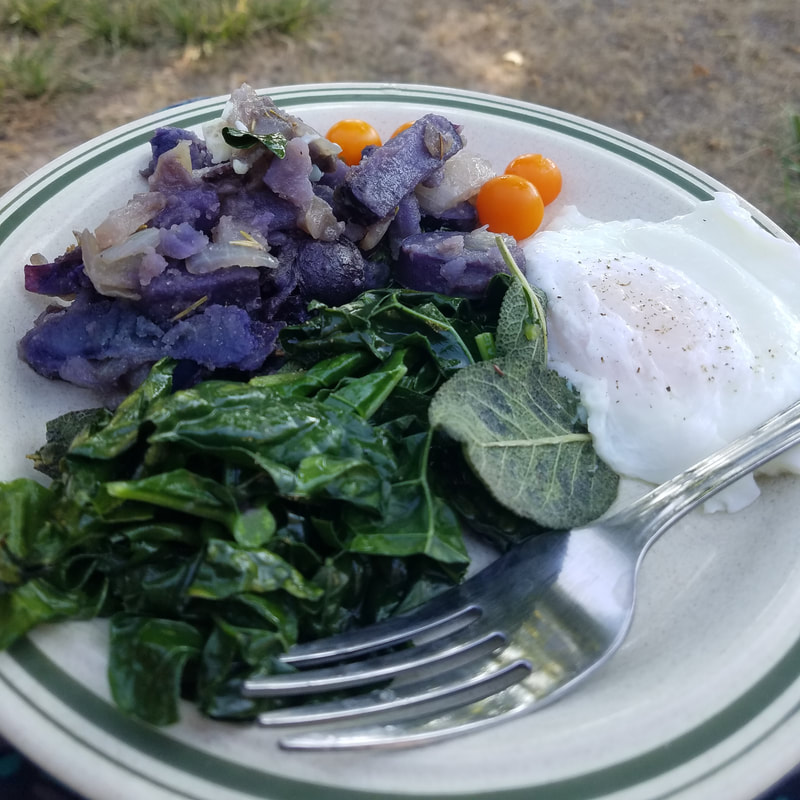 When I moved into North Aurora, I had the good luck of moving into the house of an avid gardener. There are a total of 5 raised bed gardens in our little city back yard, and two compost piles! I dug them up, and found lots of rich black soil and happy worms. So I put a 5 gallon bucket in our kitchen, and kept up the composting. Soon enough, we got chickens, and I got a good incentive to put the kitchen scraps out back before they got all moldy and smelly in the bucket. The chickens love sifting through the daily compost to pick out their favorite treats - broccoli stems, carrot tops, and bugs that I don't really want to think about. When I get those eggs with the vivid yellow yolks, I know it is worth it! What still frustrates me is all of the waste that I can't break down in my dinky two by two foot pile. It is just too small for the difficult stuff. Avocado pits will never break down, lemon peels turn into the stinkiest mess imaginable, and any bones would just attract pests. Pizza boxes give me the most angst. I know they can't go into the recycling when they have cheese stuck to the bottom, but they are just so big. Do I really need to fill my entire trash can every time I have pizza? Usually they sit in my laundry room making me feel guilty until my fiance does something about it! Our neighbors in Denver have a compost pickup service. Aurora, across the Yosemite st. border, has no service available. We also have some predatory trash providers. The City doesn't have trash as a service, so we all contract directly with the companies in the front range. My neighbor told me her provider raised their price from $50 to $120 with no warning! Their trash stayed the same at about 1 bag per week. She was fed up, and called them threatening to cancel. I pay about $70 every three months for something I don't even want to use. So I started dreaming. What if I picked up all compostables? I could bring them to a commercial composter, like A1 Organics. Then I could cancel trash! Someday I could even have a big compost pile of my own! I would get a lot more chickens. :) |
Carolyn
Hey there! I'm the CEO and founder of Wompost. Wompost stands for Woman Owned Composting, and we make composting simple. Archives
March 2024
Categories |
Proudly powered by Weebly

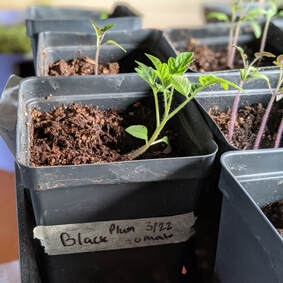
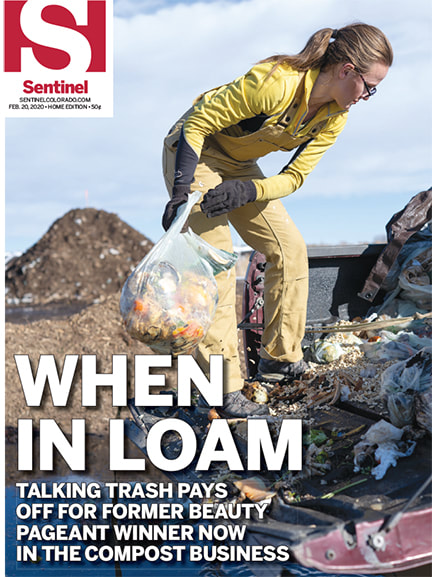
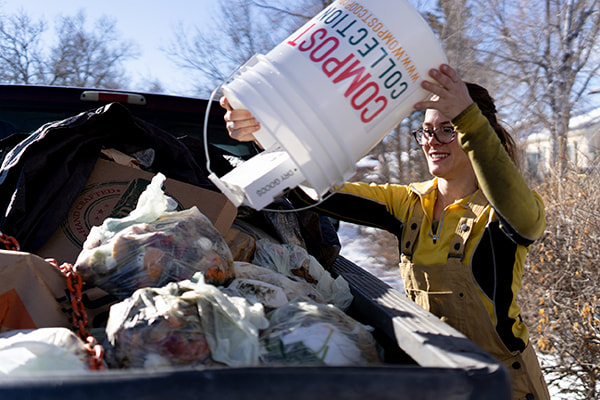
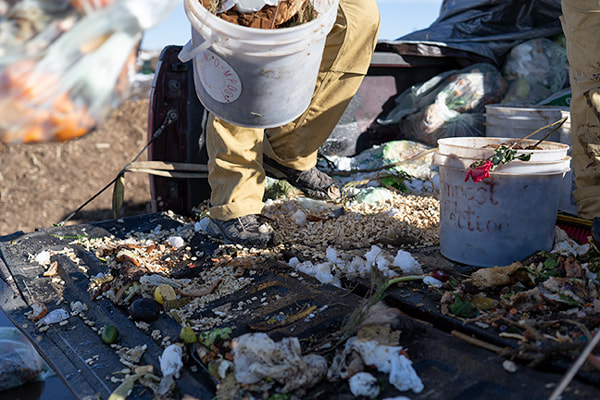
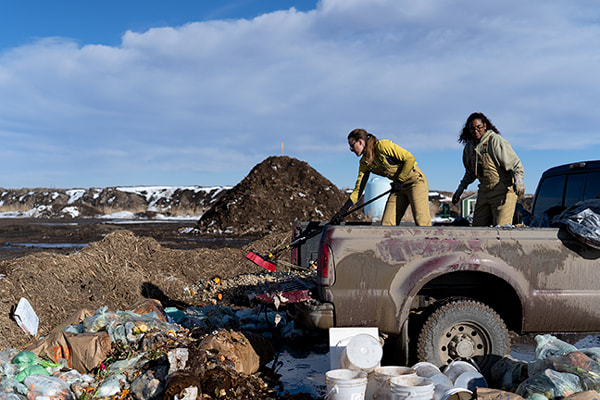
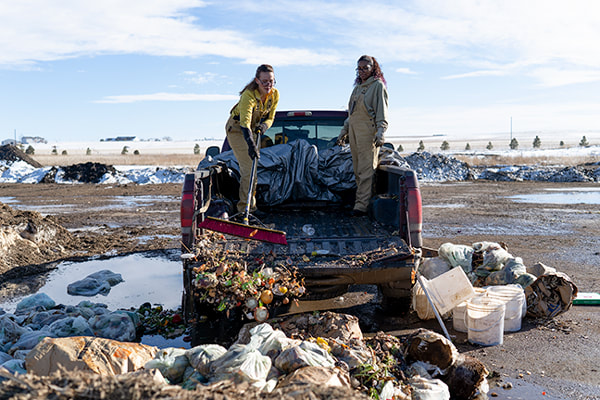
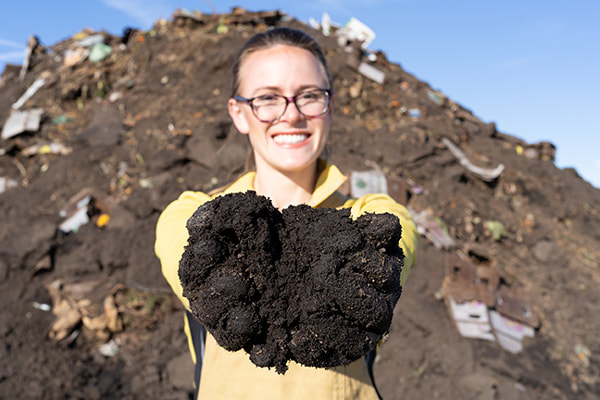
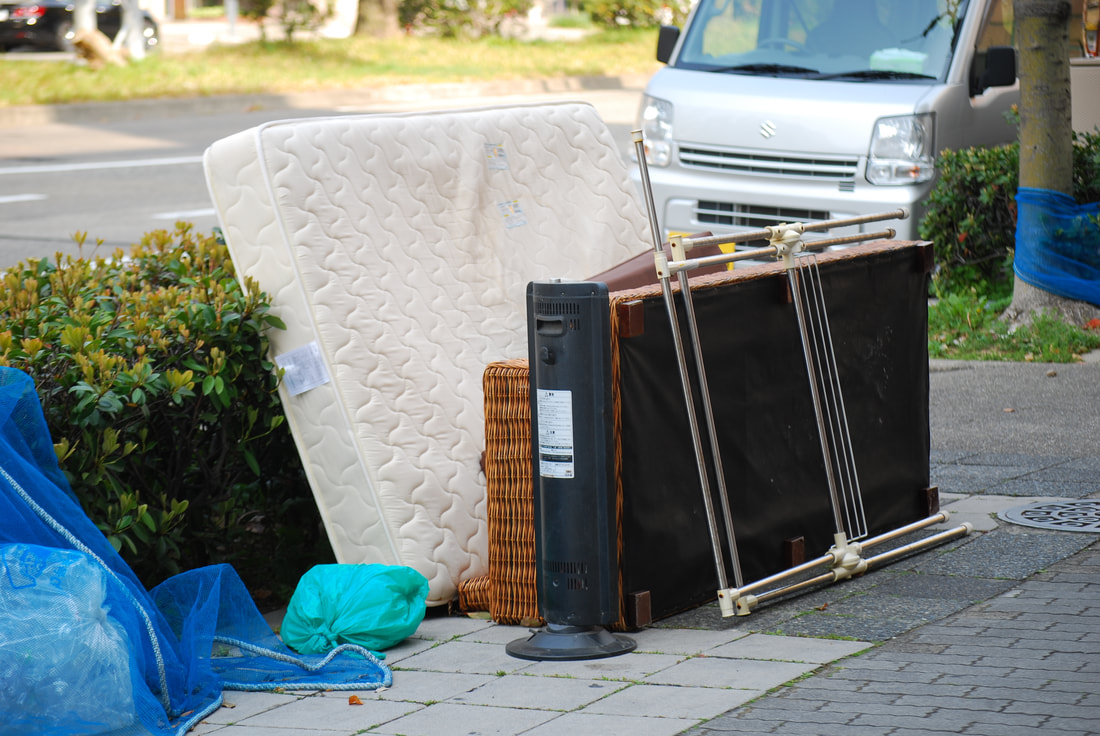
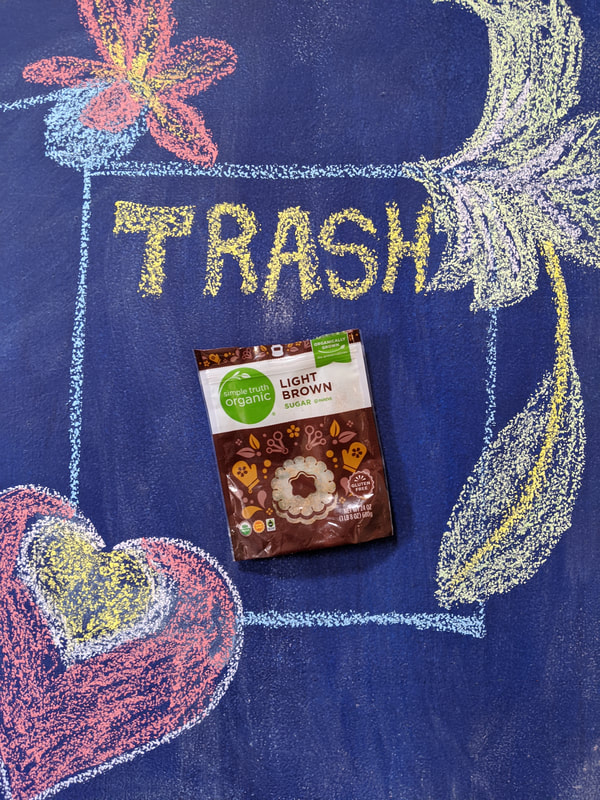
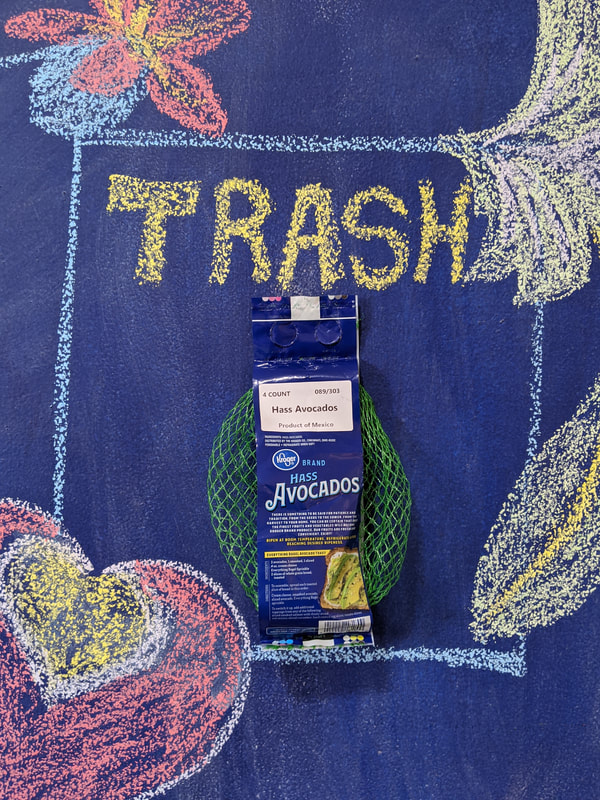
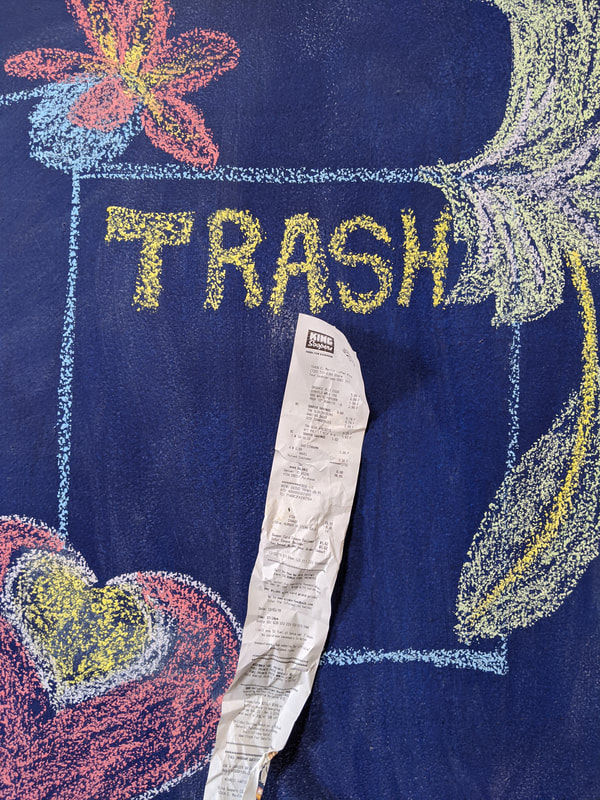
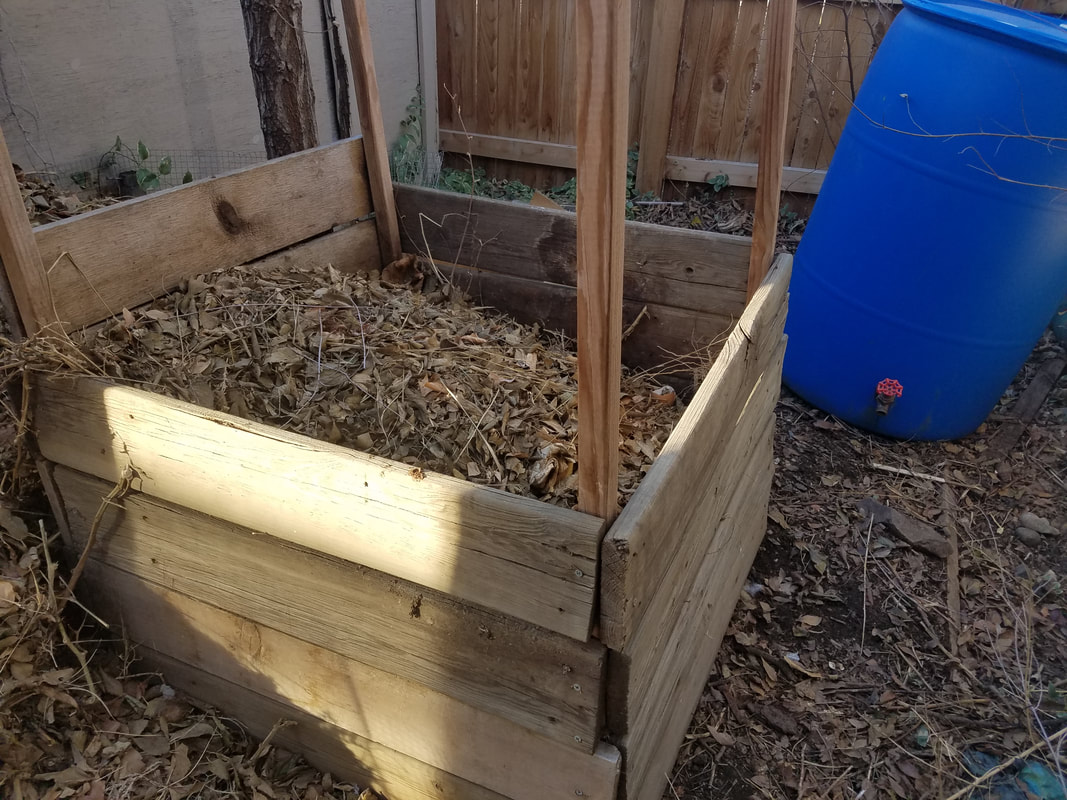
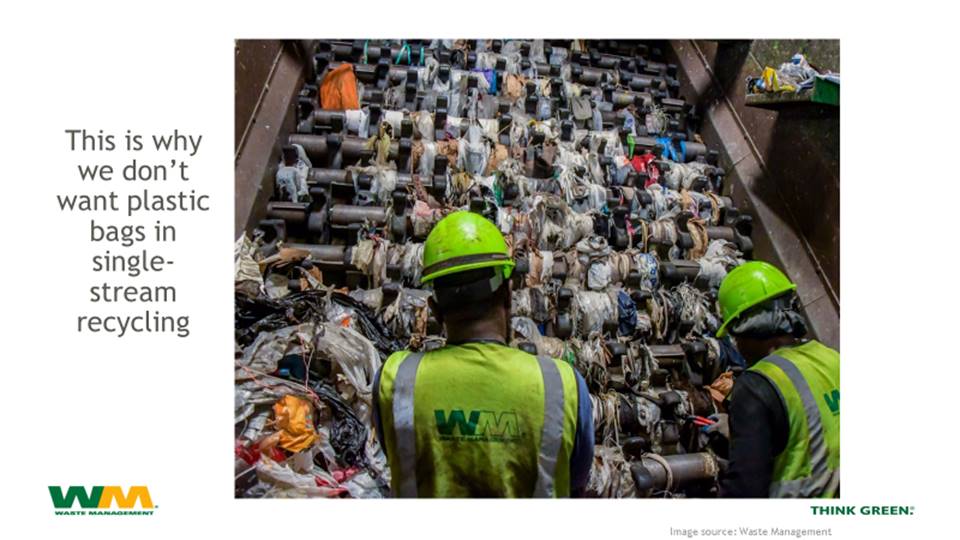
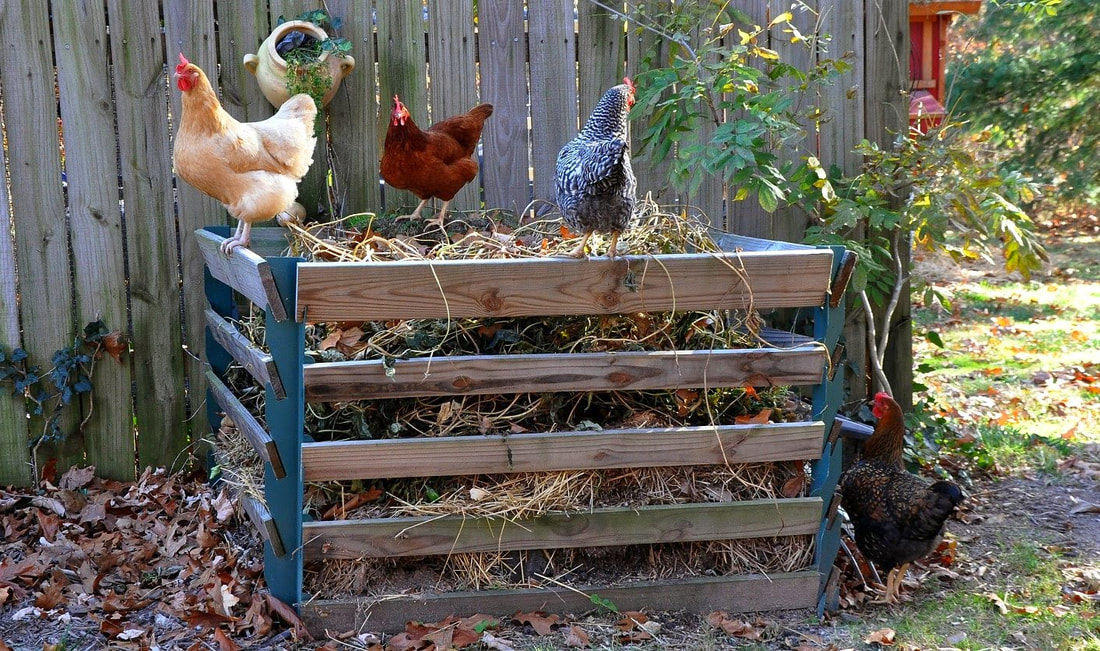
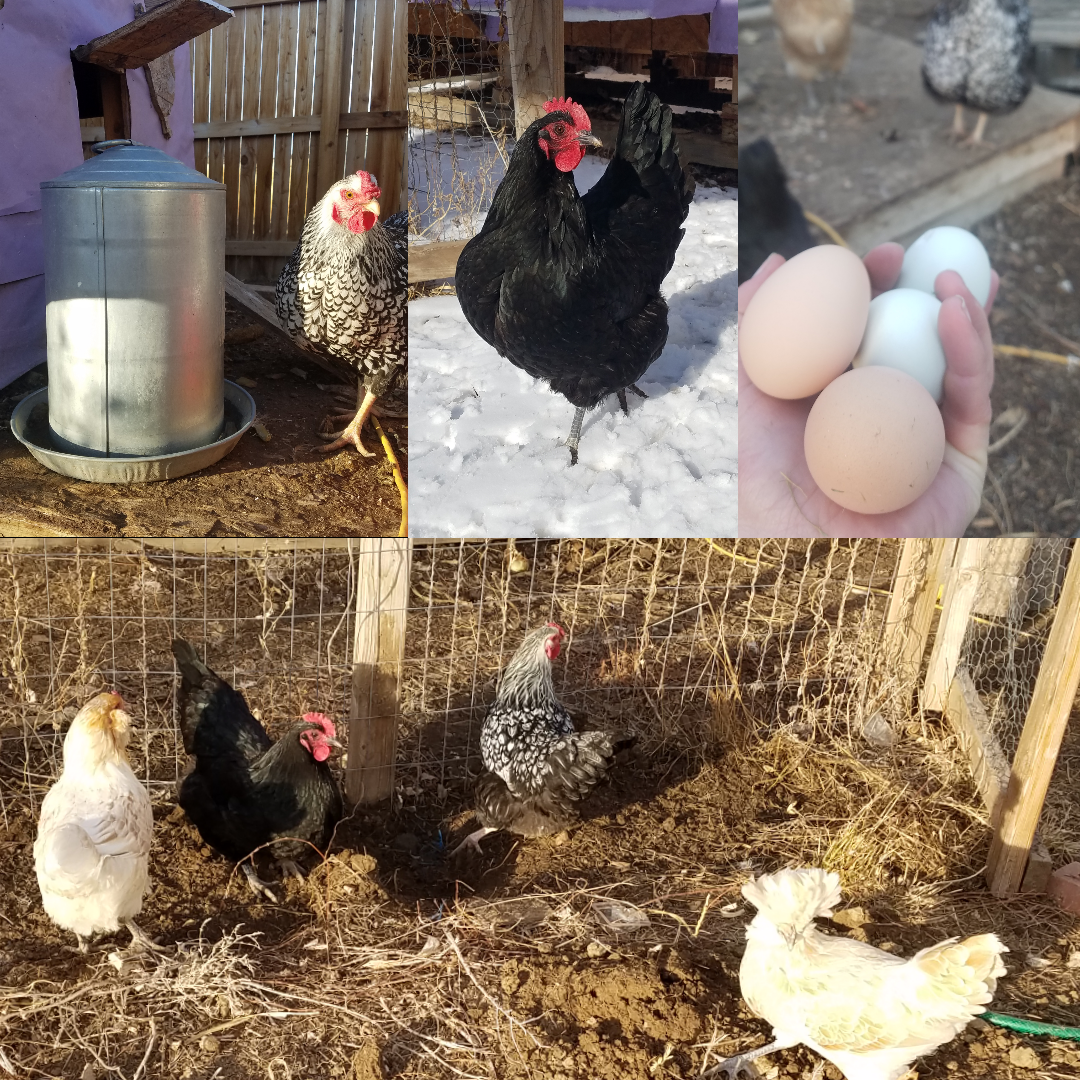
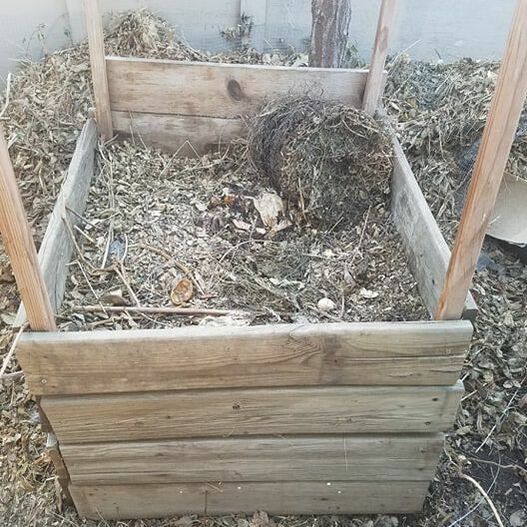
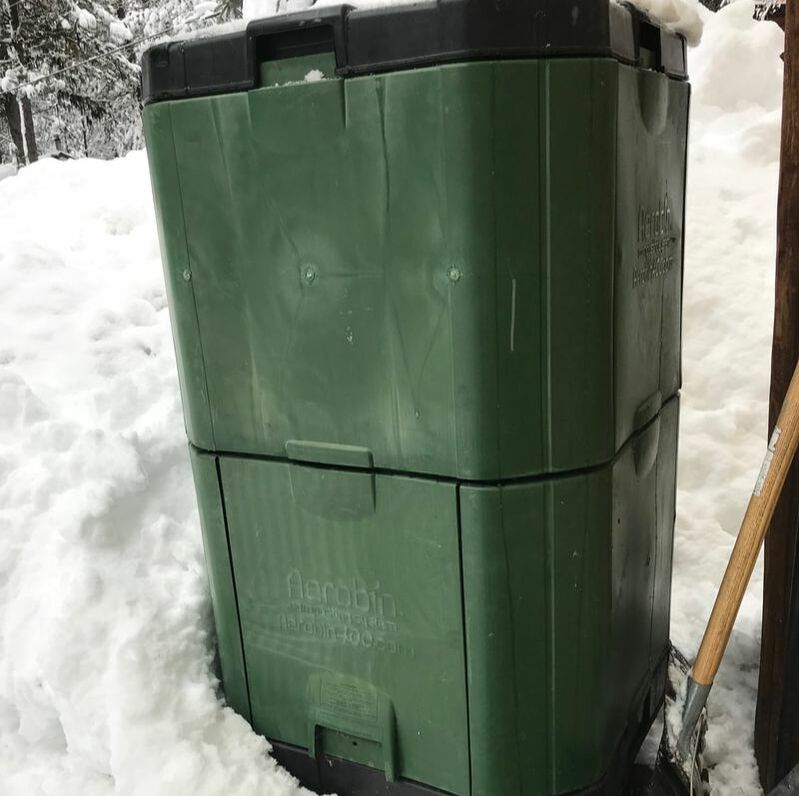
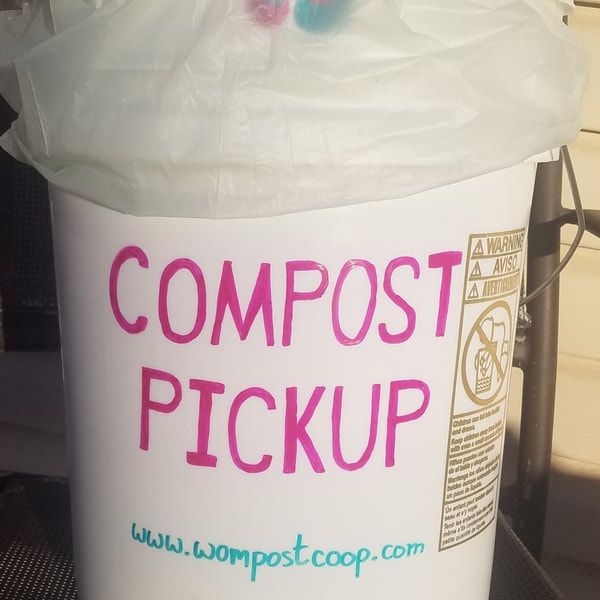
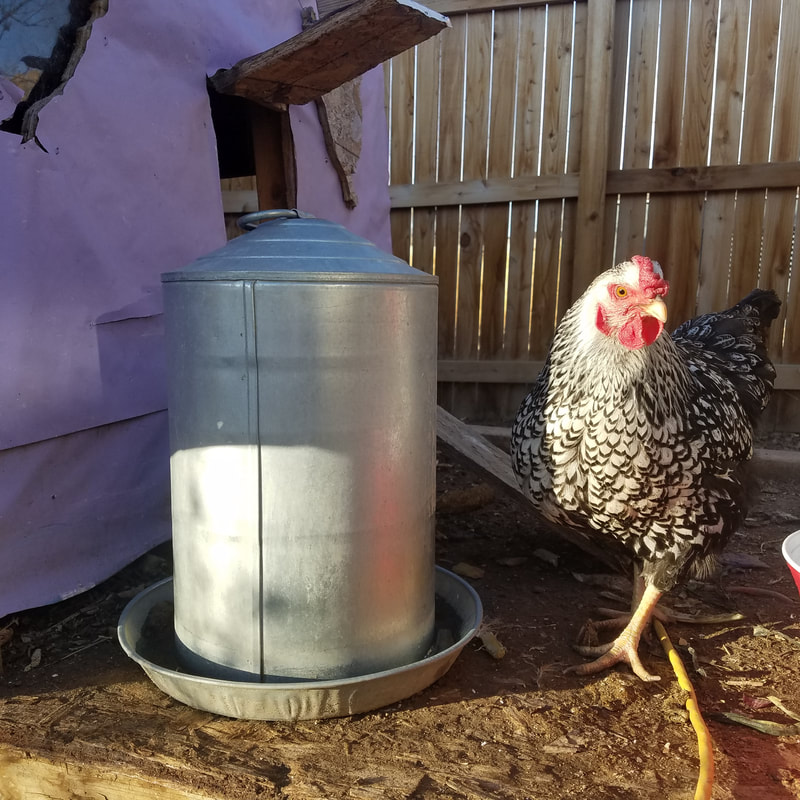
 RSS Feed
RSS Feed